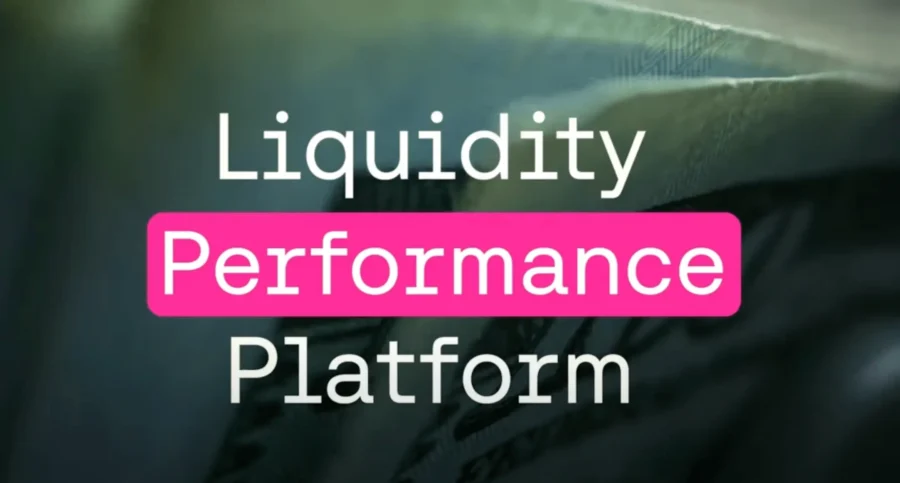Fact Sheet
Adopting Real-Time Payments with Kyriba

Real-Time Payments accelerate liquidity, improve security and optimize costs for finance teams.
Table of Contents
What Are Real-Time Payments?
The terms “fast”, “faster”, “real-time” and “instant” are often used interchangeably to describe new payment options. These terms generally apply to payments using modern payment infrastructures in which the transmission of the payment message and the availability of ‘final’ funds to the payee occur in real time or near-real time as near to a 24/7 basis as possible*. Payment infrastructures supporting these options are generally domestic and sometimes regional in nature.
Corporates can access these real-time payments options via APIs or FTPs. One or more of following payment formats are available:
• JSON
• ISO 20022 XML
• Fixed formats
• CSV formats
Kyriba’s Global Support for Real-Time Payments
As of Q2 2022, Kyriba customers globally are initiating instant payments from 35 countries to over 90 destination countries. Thanks to Kyriba’s industry leading APIs and flexible format library with 50,000 formats, customers have multiple options to access real-time payment infrastructures without the need to worry about integration complexity.
Kyriba is being actively used by customers for real-time payments across all major markets:
• Americas (USA, Canada, Brazil, Mexico)
• SEPA countries (over 25 countries supported)
• Asia (Singapore, Japan, Thailand, Australia, Hong Kong)
Real Business Use Cases Bring Tangible Benefits
Time-sensitive payments such as emergency payroll, disaster relief, and AP exception payments are executed by Kyriba clients in industries such as distribution and logistics. These payments often replace more expensive Wire payments resulting in material operational cost reduction.
Intercompany transfers are low risk and a common use case. Several Kyriba customers have enabled efficient deployment of working capital across their subsidiaries using the domestic/regional instant payment option.
Instant insurance claims disbursement is a typical example of improving customer experience with real-time payments, where insurance clients are focusing on enabling service innovations instead of focusing just on cost reduction.
Request for Payment (RFP) is also becoming more common, where suppliers embed real-time payment instructions within an email to simplify the invoicing process, either to encourage early payment or to accelerate late payments.
How Kyriba Clients Use Real-Time Payments
Working Capital Optimization
• Intercompany Transfers
• Delay Payments (as late as possible)
• Request for Payment
Risk Reduction
• Payroll Exception Payments
• Emergency Supplier Payment
• Disaster Relief Payments
Cost Reduction
• Wire, Card Displacement
• Check Displacement
• Straight-Through Processing
Industry Specific Use Cases
• Insurance Claims Disbursements
• Instant Returns Processing
• Request for Payment
The Benefits of Adopting Real-Time Payments
• Improved supplier relationships
• Control over working capital
• Increased security
• Improved ROI
• Immediate settlements
• Non-repudiation
* Committee on Payment and Settlement Systems (2016)









